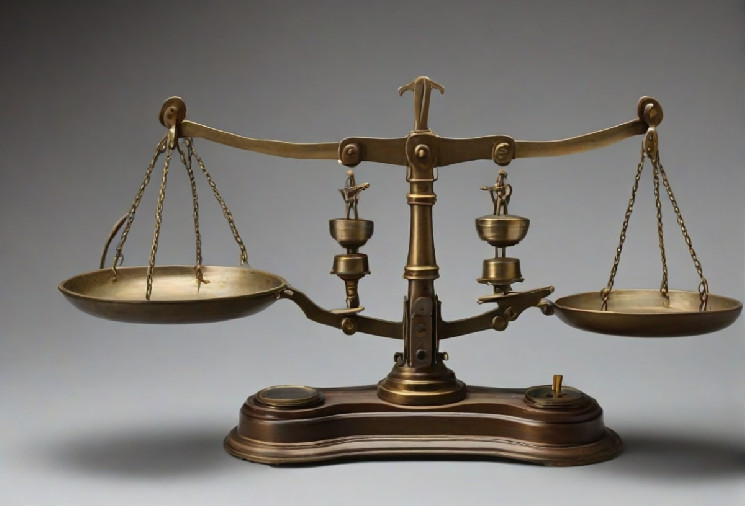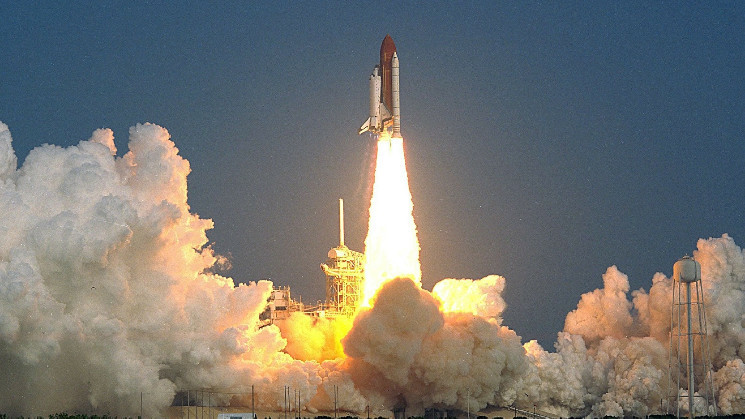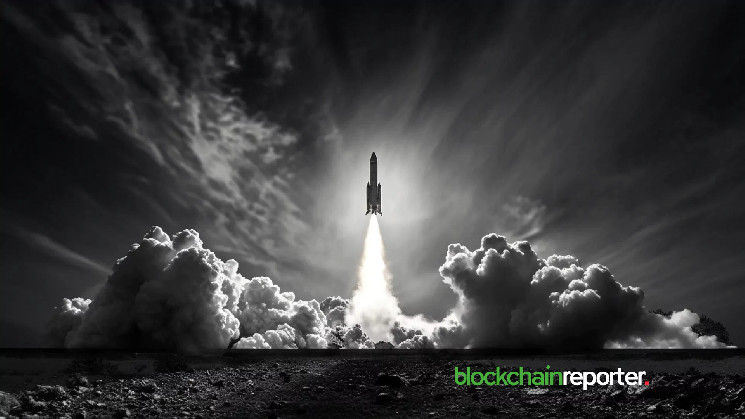The on-chain data platform Token Terminal has revealed that BlackRock may be considering launching its own blockchain, akin to Coinbase’s Layer-2 (L2) network, Base. This speculation stems from an analysis of the asset manager’s holdings across various asset classes.
Token Terminal’s examination of BlackRock’s crypto strategy has uncovered that the firm classifies its crypto holdings into three categories: crypto assets like Bitcoin (BTC), stablecoins such as USDC, and tokenized assets like BUIDL. BlackRock sees several advantages in Bitcoin, including its global accessibility as an internet-native asset, efficiency in cross-border transactions, and its fixed supply cap, positioning it as a hedge against inflation.
The platform also highlights BlackRock’s iShares Bitcoin ETF (IBIT) and predicts that the company may eventually create similar products for other major crypto assets. While BlackRock has already ventured into Ethereum ETFs, the likelihood of a Solana ETF in the near future appears slim.
Moreover, Token Terminal affirms BlackRock’s belief in blockchain technology’s capacity to enhance capital markets by enabling round-the-clock operational markets, greater transparency, investor access, lower fees, and faster settlement. Based on this analysis, Token Terminal speculates that BlackRock could follow in Coinbase’s footsteps and launch its own blockchain, consolidating recordkeeping of its extensive holdings on a single, global, interoperable, and transparent ledger like Base L2.
The potential launch of a BlackRock blockchain would signify a significant shift in traditional finance (TradFi), indicating a move towards decentralized solutions. Similar to Coinbase’s transformation with Base, BlackRock’s blockchain initiative could position the company as a pioneer in the digital asset realm. However, the firm’s response to inquiries regarding this potential development remains unclear, emphasizing the need for clear regulations to facilitate such a transition.
By leveraging blockchain technology, BlackRock could optimize its operations, reduce costs, enhance transparency, and bolster security across its diverse financial products and services. This approach has the potential to revolutionize transactions, creating a more efficient and secure financial ecosystem while expanding access to digital assets for clients and investors, democratizing financial product access, and solidifying BlackRock’s position as a digital asset management leader.
BlackRock has already set a precedent in tokenizing real-world assets (RWAs) with the success of BUIDL, the USD Institutional Digital Liquidity Fund, which recently became the largest tokenized fund. This success reflects the growing integration of blockchain technology in traditional finance, with promising interest in tokenized products like BUIDL and BENJI from Franklin Templeton showcasing potential demand in specific market segments.









